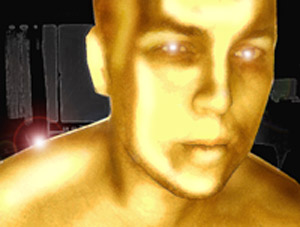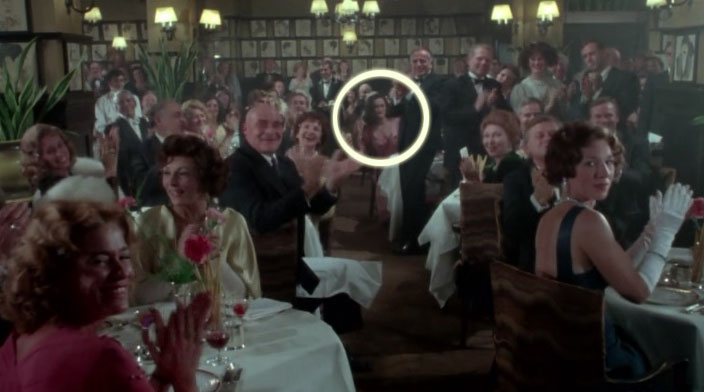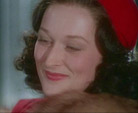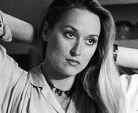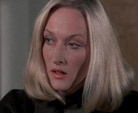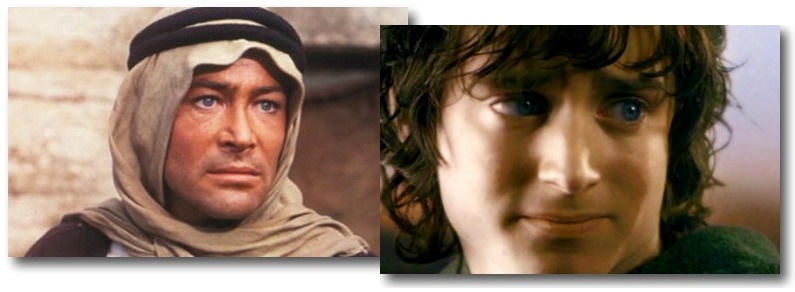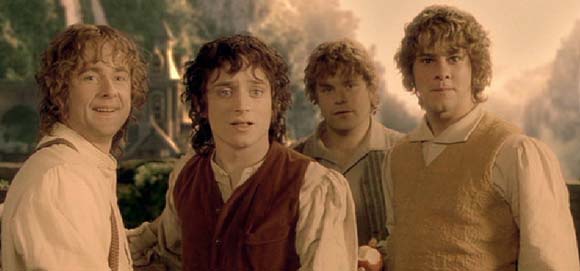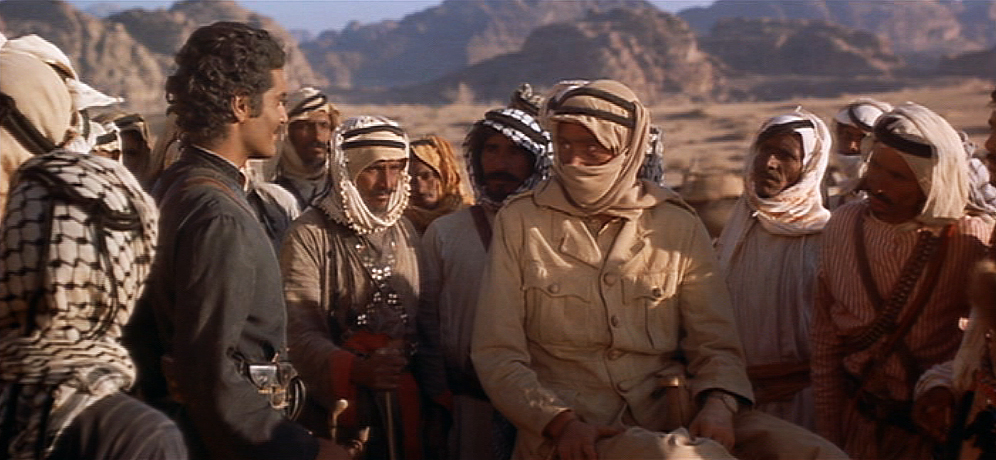Q&A Crumbs: Best of Best Supporting Actor + Legendary Why?
 Saturday, December 10, 2011 at 9:22PM
Saturday, December 10, 2011 at 9:22PM If the Q&A column were a TV series it'd be one of those painfully confusing ones that goes off the air unexpectedly only to return with 2 hour specials and extra webisodes and then go on hiatus again. I can't control it! It controls me. I've already answered small screen questions, and Thursday's column was on movie etiquette, crowd reactions, and purposefully bad acting. So here's are a handful of Q&A crumbs that I felt the need to answer and now we are dunzo until the next round. Whew.
As ever, I love to hear your answers to these questions in the comments. The more the merrier when it comes to movie discussions, don't you think?
 MESHI: Are there any legendary performances (like, Vivien Leigh as Scarlet O'Hara-type legendary) that you just don't get what all the fuss is about?
MESHI: Are there any legendary performances (like, Vivien Leigh as Scarlet O'Hara-type legendary) that you just don't get what all the fuss is about?
I have a hard time understanding the fuss over Marlon Brando in Last Tango In Paris. To me it feels less Method then Show-Off with no one willing to say, 'pull it back dude. Modulate.' So, no, I don't get that one despite its enormous acclaim. I will entertain the possibility that I saw it when I was too young for it, though.
MARY: What are you most excited for? "Mirror Mirror" or "Snow White and the Huntsman"?
I believe you'll find my answer in if you click on the Snow White tag. I'm pretty good with the tagging at the bottom of each post to make things easy for y'all to investigate topics of interest. Short answer: Hunstman by a country mile on a horse drawn carriage with a bad wheel.
CAL ROTH: Call the next Oscar winners now in acting now. No guts, no glory. Don't think too much about it. Just say how do you feel about these races.
I hate doing this because it's a lose-lose proposition before nominations are announced. If you're right and you go with the party line (I guess at the moment that's: Clooney & Streep, Redgrave & Plummer) you risk being part of that horrible machine that takes all the fun out of Oscars by making it into one big echo chamber that reenforces lazy voting. If you're right but you appear to be wrong (hmmm: Pitt & Davis* & Spencer & Plummer?) because your answer sounds too "two months ago*" people don't remember and they just think you're not that good at prognosticating. Anyway, i much prefer predicting nominees to predicting winners which is TOTALLY BORING due to the echo chamber... particular in the last stretch when the same 4 people will start winning every award and people will only guess otherwise to have something to write about.
* I often wonder why people have perpetual amnesia about the fact that buzz volumes always rise when a movie opens or start screening (provided it's not bombing) and always subside when it's been out a few months and is "familiar". But... buzz volume levels rise and fall and rise again...and fall again. The only thing that matters is how volumous they are when voting is happening.
SOSUEME: As an avid reader of TFE for the last two years, I finally had my first Nathaniel dream...in it, you were moving to California...obviously, the dream has more to do with me than anyone else, but it got me thinking...would you consider moving to CA to be closer to the industry, the events, possibly more money, or does New York suit you just fine?
I'm happy right here though I'd totally be bi-coastal if I could. Writing can be a lonely activity so you need handy social escapes for sanity. Nearly all of my closest friends live here so I gotta stick around. Plus: New York City needs me ;) ...most of the Oscar pundits are in Los Angeles but AMPAS is bicoastal!
ONE MORE.... SPOTLIGHT QUESTION!
 Best Ever Consecutive Run for Supporting Actor Oscar?
Best Ever Consecutive Run for Supporting Actor Oscar?
MITCHELL: What do you believe to be the most deserving performance to ever win Best Supporting ACTOR?
This is my least favorite of the four acting categories within Oscar because it seems to have the least correlation to actual quality year after year. For whatever reasons it's more beholden to other Oscar factors that aren't really about the work in question: career honors, which "types" they like, which films they like, fame levels before the nominations. This category is also particularly egregious in terms of category fraud. I mean you could argue that it's been five years since an actual supporting performance won (that'd be Alan Arkin) even though the last four winners were four kinds of miraculous in terms of actual quality [tangent: best run ever in this category if you allow for the fraud!]. Once you remove all the co-leads I think there are a few absolute essentials who not only did inspired work but who elevated already strong films by virtue of their lynchpin contributions to its tone, identity and overall aesthetic punch.
 So without pouring over the books for too long I'd say I couldn't really live without Edmund Gwenn as Kris Kringle in Miracle on 34th Street (1947), Joel Grey as "the emcee" in Cabaret (1972), or Martin Landau as Bela Lugosi in Ed Wood (1994).
So without pouring over the books for too long I'd say I couldn't really live without Edmund Gwenn as Kris Kringle in Miracle on 34th Street (1947), Joel Grey as "the emcee" in Cabaret (1972), or Martin Landau as Bela Lugosi in Ed Wood (1994).
But this list might change on a different day and I can't choose just one! Can you?



